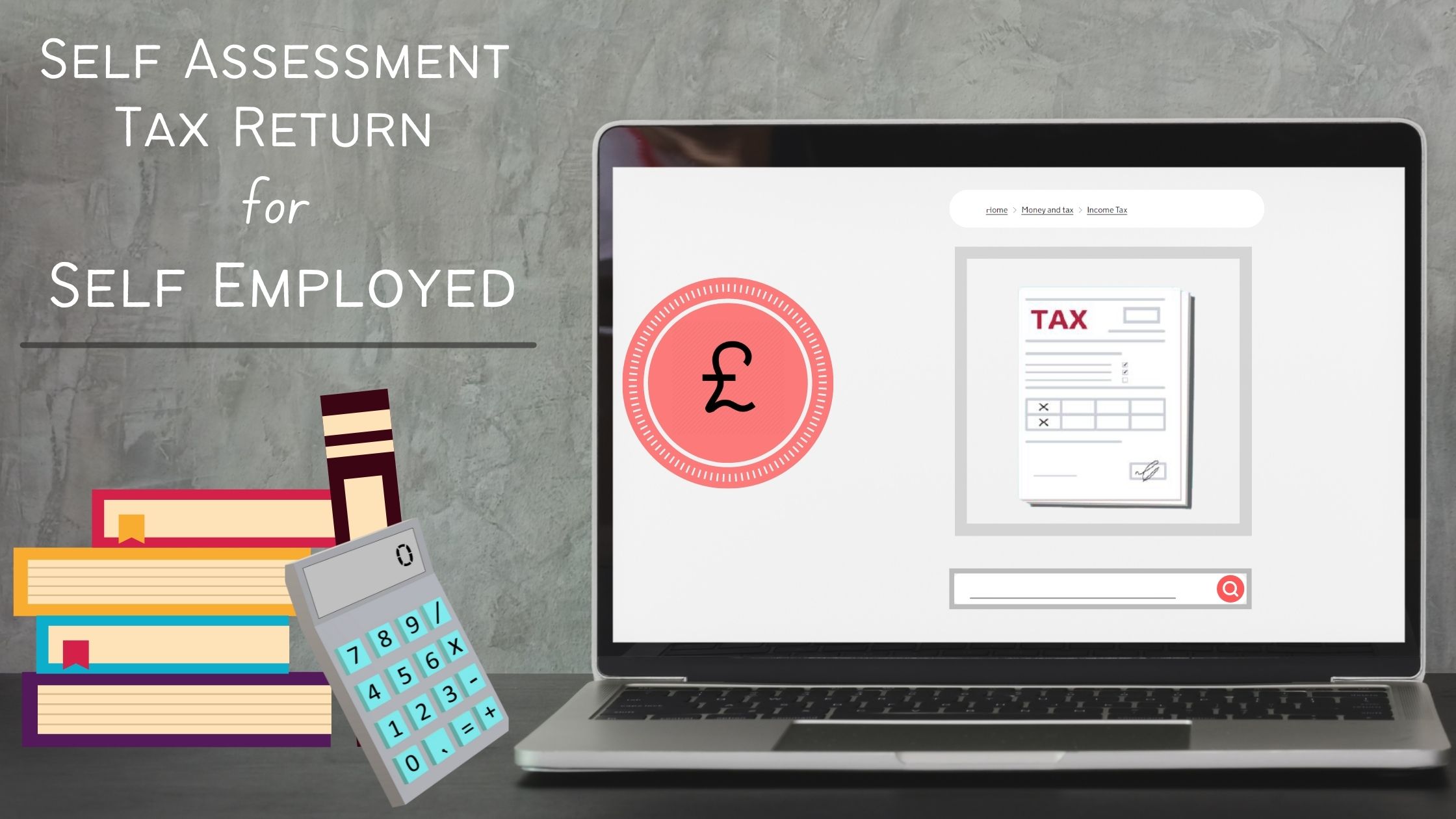Articles >
Key Points of Filing Self Assessment Tax Return for Self Employed

December 23, 2021
Filing a self-assessment tax return is a daunting task, especially when left for the last minute. True tax planning and saving need time and preparation - and preparation here implies preparation in advance.
The basis for proper tax return filing is an organised approach where you need to understand the process and what is required. If either of the below points holds for you, you will need to file your tax return:
- Your self-employment related income was above £1,000 before claiming any tax reliefs
- If you have rented out the property, the income of the same amounted to more than £2,500. If the amount was between £1,000 but less than £2,500 then you still would have to contact the HMRC
- If the tips or commission that you have earned are above £2,500 and are part of your untaxed income
- If the income you have from your savings and investments is more than £10,000
- If Capital Gains Tax needs to be paid post the selling of a second home or shares based on the profits earned on the same
- If you are a company director (unless you run a charity or a similar non-profit organisation)
- If your income or that of your partner was above £50,000 and Child Benefit is being claimed as well
- If there is income you have received from abroad that is taxable or vice-versa if you are living there and receiving income from the UK
- If your total taxable income is over £100,000
- If you have earned over £50,000 in 2020-21 and also made pension contributions then for the extra tax relief owed a self-assessment would have to be filed in which case a tax accountant could assist you
- If you are a trustee of a registered pension scheme or a trust
- If your State Pension amount was higher than your Allowance but that was your sole source of income
- If the HMRC has sent a P800 indicating that tax was underpaid in the previous tax year
Filing self-assessment tax return for self employed is an important part, the broader financial implications require careful consideration. Engaging the services of a reputable accounting firm not only ensures the accurate tax return filing but also opens paths for comprehensive financial planning.
Securing voluntary Class 2 National Insurance contributions becomes essential for those envisioning eligibility for the State Pension and related benefits in the future. The particulars of these contributions may seem daunting, and that's where an experienced self assessment tax accountant can guide you through the complexities.
It's worth noting that for employees under the PAYE system, the burden of self-assessment may not be a primary concern unless their earnings surpass £100,000. However, for the self-employed, vigilance is key. Employing an accountant to scrutinize the finer details ensures that not only are taxes paid promptly, but more importantly, they are paid accurately.
Remember, it's not just about meeting your tax obligations; it's about ensuring you contribute the precise amount owed. Entrusting these matters to a professional not only streamlines the process but also safeguards you from potential oversights. In the realm of tax, precision is paramount, and a seasoned accountant can be your compass in navigating the intricate landscape of self-assessment and financial compliance.

